Coaching vs. Counselling
"Do I need a coach or do I need a counselor?"
It is a great question, that I am so grateful people are asking.
I was lucky to be on the ground mid-90s when the personal training field really began to grow. And, in an interesting turn, I have been in the coaching field for the last few years, which has now also begun to boom.
It is great when new fields become popular and more accessible (AND there is still a long way to go here for sure), as people are able to find new ways to improve their lives.
And, unfortunately, there is often a darker side.
In any field, there is a scope of practice. That is, the things that people with the said title can and cannot do.
Take personal training for instance. A personal trainer can create programs and design exercises for regular folks. Meaning it is ok for me, as a personal trainer, to design a workout program for injury and health-condition-free folks. And in many cases, I design programs for people with certain injuries or health conditions because I have received guidance from the appropriate healthcare provider.
And, as a personal trainer, I can suggest certain foods, based on Canada's Food Guide, because this is a standard document taught within my certification. I cannot design nutrition plans for a client with diabetes or gut health issues. That is the scope of a Registered Dietician. You wouldn't ask your dietician to design you a workout program, right? And it works the other way around as well.
So, what the heck does that have to do with coaching vs. counseling?!
Well, most folks get the personal trainer/dietician example, that's why I start there.
Just as a Registered Dietician is a protected title and means that he/she/they have met very specific education and training criteria, a mental health counselor (therapist, psychologist, social worker, etc) have all met certain criteria and received specific education as well.
It is important to note that "personal trainer" isn't a protected title, and neither is a "coach".
Anyone can call themselves a personal trainer or a coach. This is why consumers need to ask questions about certifications or credentials. And be aware of each professional's scope of practice.
There can be grey area when chatting with a coach. For example, a client may say "I am struggling to relax, and focus. I feel always on edge and unable to get things done." This is grey. This client might actually have an anxiety disorder or, they may be someone who is extremely busy and hasn't yet set their appropriate boundaries. What comes next is the important difference.
As a coach (which is where I work), I would ask "What do you want in a situation like this?" A client may respond "I want to learn to relax."
To this, as I coach, I would ask, "what are some of the things you've done in the past to help you relax?" Or, "what are some things that come to mind when you think of relaxing, and how can we create a plan for you to successfully implement these things?"
The focus of coaching is the now ("what do you want?") and the next ("how do we get you there?"). Nothing related to "healing", past trauma, anxiety, or depression. THAT is for the counseling space.
Now, what I will say is that, like a personal trainer that takes a client's blood pressure, discovers it is quite high, and sends that client to their doctor, a coach could encourage their client who is struggling with the above-mentioned things, to seek out some therapy. Just because we can't treat mental health disorders as coaches, does not mean that we aren't able to suggest the client seek other help or provide an empathetic ear to validate someone that is struggling.
(NOTE: just as I believe we should all have physical first aid certifications, I believe we should all have mental health first aid training-this has helped me recognize when I need to seek mental health support for people I've connected with)
What I find really cool, is how these mentioned professions can work so well together. For example, if I have a personal training client that is looking for exercise and an eating plan to help better manage her blood sugar, the dietician-personal trainer combo would be a great one!
And if I have a coaching client who is working towards new career goals, or self-improvement goals, and is held back by trauma in their past, this would be of great support to the client to have a counselor help with their healing and a coach to strategize how to get that new career.
Questions? Please do not hesitate to connect with me so I may be of support. You can always book a free call with me: https://www.deannalangfordcoaching.com/booking
Be well,
Deanna
